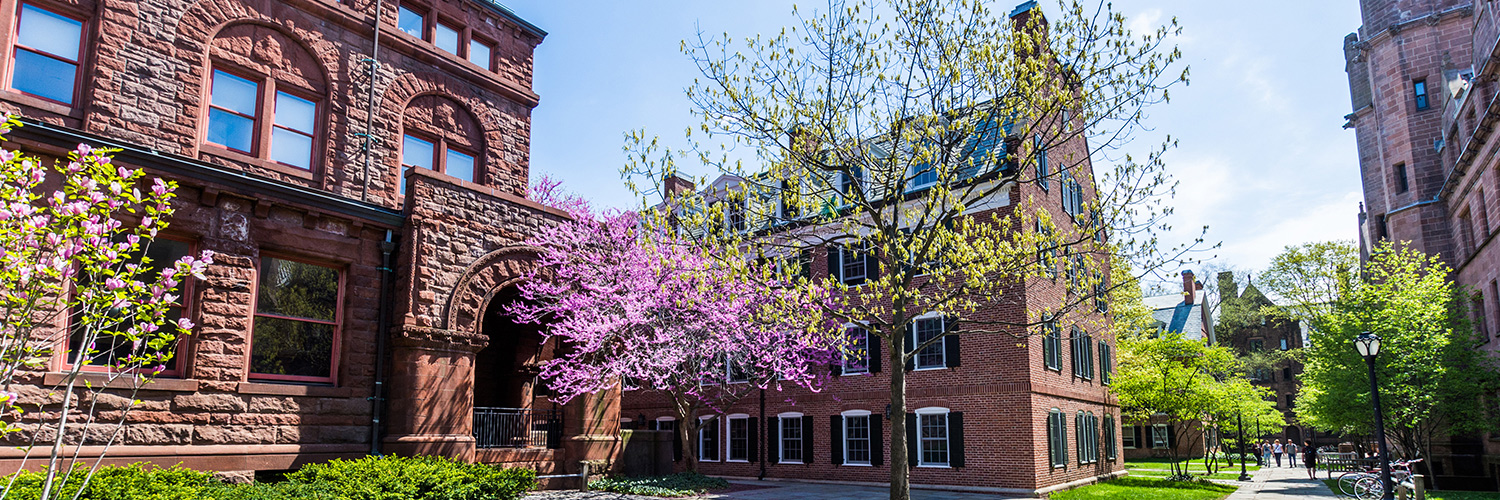The return of one-party rule to Olympia has resulted a flood of legislation which could never muster much support in the past.
Among these is a recurring bill that would materially damage community and technical colleges for unions’ benefit and, sadly, it’s poised to become law this year.
House Bill 1237 removes limits and allows union negotiators to demand pay raises for staff which are larger than the funds provided for wages.
The key part of the legislation says,
“A board of trustees may provide additional compensation to academic employees that exceeds that provided by the legislature.”
Those with a basic understanding of math will immediately see the problem with this. The Legislature earmarks a finite number of dollars for salary, but the union will be allowed – encouraged, in fact – to force colleges into larger payroll obligations than they can afford.
How will they make up the difference? By cannibalizing operations, then complaining that the system is underfunded.
Fewer courses, fewer support employees, higher fees, reduced hours of service. The service levels are guaranteed to decline so the wages of a few can increase.
Community and technical colleges have no shortage of applicants for positions, so in purely economic terms we know the wages being offered are perfectly appropriate for the market. And even if the wage is wrong, the Legislature has the responsibility of correcting any deficiency.
In the K-12 education system, the ongoing practice of negotiating salary increases locally has broken the funding system. The court-ordered solution adopted last year includes removing the power of unions to grab salary increases at the bargaining table and ending the cannibalizing of school districts.
Now unions at our community and technical college seek the same destructive power.
This is simply another example of how the interests of union officials—in this case unnecessarily higher cost for the few employees they represent—clash with the public interest in great service.
Each year since 2013, I’ve joined college administrators in opposing this legislation to the blank stares of union-funded legislators. Single-party rule has allowed this bill to cruise through the entire legislative process this year with minimal opportunities to oppose it.
The community and technical college system isn’t broke, and even if it was, we can’t “fix” it by making it do less at a higher cost.









